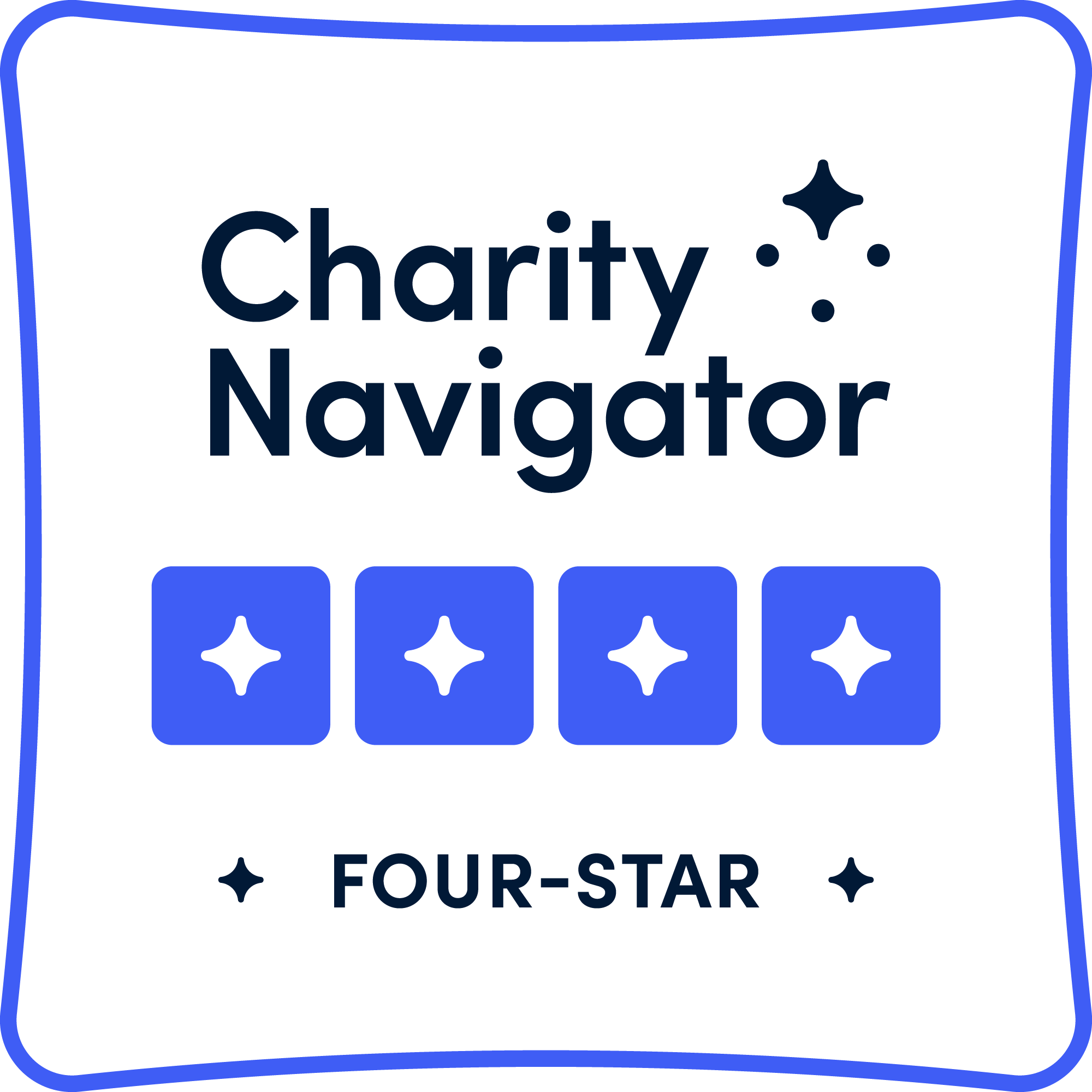Blogging to Raise Awareness of Amyloidosis
To highlight amyloidosis during rare disease week this year Isabelle Lousada, president and CEO of the Amyloidosis Research Consortium, was invited to provide a guest blog for PhRMA publication The Catalyst. Isabelle talks about the experiences that led her to start ARC and the programs that are changing the landscape of drug development in amyloidosis.
Twenty years ago, I was given little hope of surviving. I was one of the first patients to undergo a stem cell transplant for AL amyloidosis. Unlike many patients, I survived the treatment. Most patients aren’t so fortunate.
And so, in 2015, I founded the Amyloidosis Research Consortium (ARC) to address the barriers that are delaying the evaluation of novel therapies for this group of amyloidosis diseases. The ARC, a solutions-driven organization, is focused on identifying gaps and building programs to improve outcomes for patients across the whole spectrum – from diagnosis to the regulatory review of therapies. The ARC is raising awareness through educational symposiums at major medical conferences, by establishing a clinical trial network and developing a patient tool to facilitate accrual to clinical trials and the collection of natural histories.
It is a bright time for amyloidosis; there are promising novel agents in development. However, with a multi-organ disease, a heterogeneous population and little natural history, an effective treatment isn’t ensured approval. The amyloidosis community was devastated, for example, when a seemingly impressive and safe drug named tafamidis was not approved in the United States, even though it was approved in 13 other countries. The only option for some patients with this type of amyloidosis is a liver transplant.
At the ARC, we are committed to working closely with all stakeholders throughout the drug development process. To advance the development of diagnostic tools, the ARC released a white paper on NT-proBNP in 2015, which leading experts in the disease believe is a valid biomarker and closely correlates to patient survival. And we are committed to further identifying and developing additional diagnostic tools and biomarkers.
There is great value in patient-focused Food and Drug Administration (FDA) drug development meetings, but waiting until 2018 to schedule an amyloidosis meeting was not an option when important trials are currently in progress. So, working closely with the FDA, the ARC recently hosted a meeting with over 150 patients and caregivers who shared their experiences. As a result, we’re writing a patient voice document outlining the benefit-risk of this population. The FDA also suggested that the ARC produce a guidance for industry, and following a two-day meeting with representatives from 14 companies, KOL’s and the FDA, the guidance is currently underway.
Now in its second year, the ARC is well-positioned as an honest broker – bringing all stakeholders together and creating successful collaborations across the sectors to advance the science and understanding of the amyloidosis diseases.
This article originally appeared on PHRMA here.
- Categories



